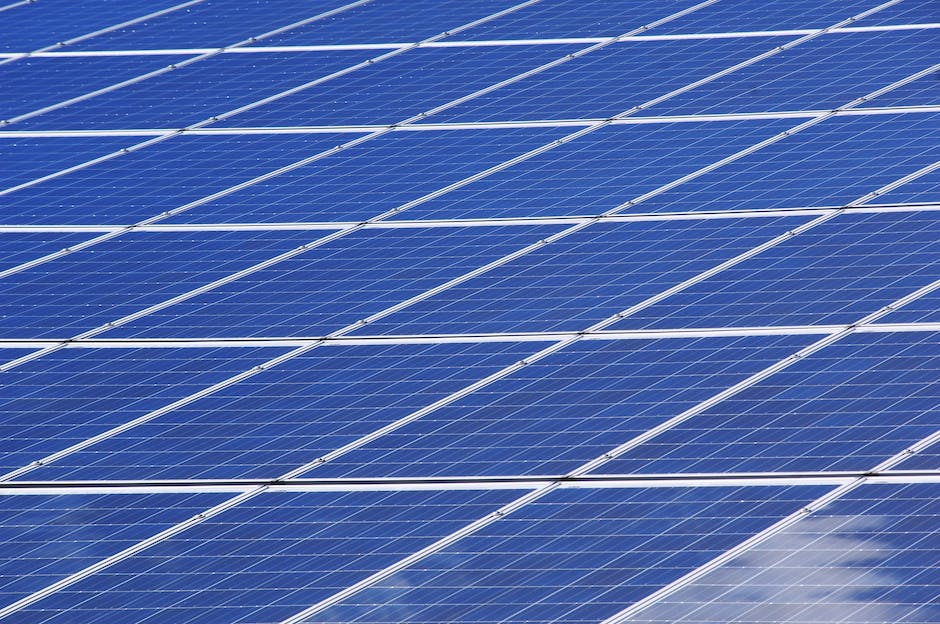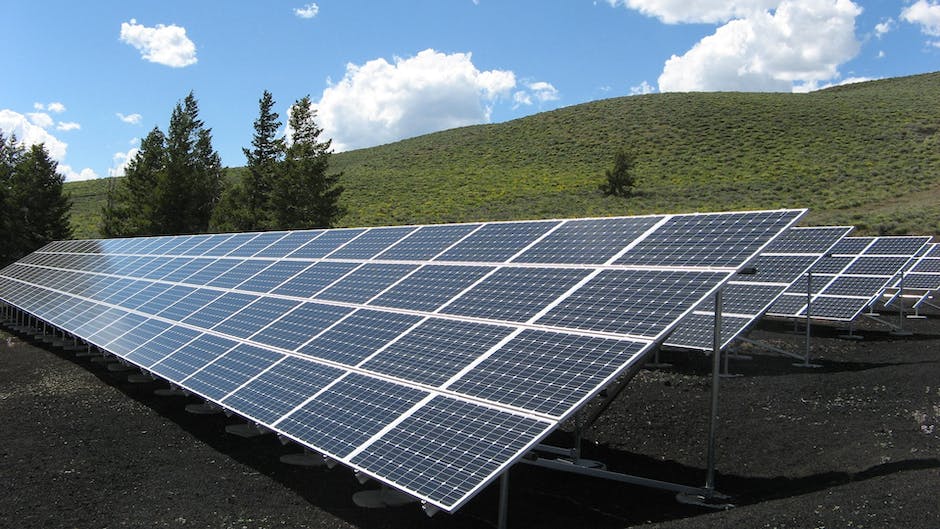In today's world, it is no surprise that solar power plays an increasingly crucial role in our energy infrastructure. The shift towards renewable energy is gaining momentum, and government funding is a pivotal part of this process.
Explore the comprehensive guide on government funding for solar panels. Learn about federal financial assistance programs, state incentives, and initiatives targeting low-income households that make solar energy more accessible and affordable. This article focuses on the comprehensive insights into energy-related federal financial assistance programs.
The Emergence of Solar Power
Solar power, harnessed through solar panels, provides a renewable, clean energy source that significantly reduces greenhouse gas emissions. Despite the associated installation costs, solar power offers a remarkable return on investment due to its long-term energy savings and reduced environmental impact.
Government Funding For Solar Panels
Government funding for solar panels serves as a catalyst for the widespread adoption of solar energy. Financial assistance, offered in various forms, lowers the barriers to entry, making solar power more accessible to homeowners and businesses.
Federal Solar Investment Tax Credit (ITC)
One of the most significant federal initiatives in the United States is the Solar Investment Tax Credit (ITC). This credit provides a substantial reduction in the tax liabilities for individuals or businesses that purchase and install solar energy systems.
USDA Rural Energy For America Program (REAP)
Another noteworthy program is the USDA Rural Energy for America Program (REAP). Aimed at promoting energy efficiency and renewable energy in the rural parts of the country, REAP offers grants and loan guarantees for small businesses and agricultural producers who wish to install renewable energy systems, including solar panels, or make energy efficiency improvements.
DOE Office Of Energy Efficiency And Renewable Energy (EERE)
The Department of Energy's Office of Energy Efficiency & Renewable Energy (EERE) also offers financial assistance for the research and development of renewable energy technologies. This includes funding for projects that aim to enhance the efficiency and cost-effectiveness of solar energy systems.
State And Local Initiatives
Alongside federal programs, numerous state and local initiatives further incentivize solar energy adoption. These often come in the form of tax credits, rebates, and performance payments.
Solar Renewable Energy Certificates (SRECs)
Several states with a Renewable Portfolio Standard (RPS) operate Solar Renewable Energy Certificate (SREC) markets. Under these schemes, solar system owners can sell their SRECs to utility companies, helping them meet their RPS requirements. This provides an additional income stream for those harnessing solar energy.
Property Assessed Clean Energy (PACE) Financing
Property Assessed Clean Energy (PACE) is a novel means of financing solar panel installations and energy efficiency upgrades. Municipalities partnered with PACE programs allow property owners to finance their solar panel installations through an increase in their property taxes over time, spreading the upfront cost over many years.
Solar Power For Low-Income Households
Recognizing that the cost of solar installation could be a deterrent for low-income households, several initiatives aim to broaden access. The DOE's Solar Energy Technologies Office runs the Solar in Your Community Challenge, a scheme aiming to expand solar access to low- and moderate-income households. Other similar programs exist at the state level, with many offering substantial rebates on the cost of solar installations for qualifying households.
Solar Power: An Investment in the Future
The investment in solar power is an investment in our future. The government funding for solar panels through federal, state, and local programs demonstrates a concerted effort to push the transition toward renewable energy. With the financial incentives available, solar power has become an economically viable option for a wider demographic. By choosing solar energy, we are taking a significant step towards a cleaner, sustainable, and economically robust future.
Discover how you can get the government assistance you need as a single mom. Visit Gov-Relations.com now and learn more about the available programs and resources.







